To provide the best experiences, we use technologies like cookies to store and/or access device information. Consenting to these technologies will allow us to process data such as browsing behaviour or unique IDs on this site. Not consenting or withdrawing consent, may adversely affect certain features and functions.
The technical storage or access is strictly necessary for the legitimate purpose of enabling the use of a specific service explicitly requested by the subscriber or user, or for the sole purpose of carrying out the transmission of a communication over an electronic communications network.
The technical storage or access is necessary for the legitimate purpose of storing preferences that are not requested by the subscriber or user.
The technical storage or access that is used exclusively for statistical purposes.
The technical storage or access that is used exclusively for anonymous statistical purposes. Without a subpoena, voluntary compliance on the part of your Internet Service Provider, or additional records from a third party, information stored or retrieved for this purpose alone cannot usually be used to identify you.
The technical storage or access is required to create user profiles to send advertising, or to track the user on a website or across several websites for similar marketing purposes.
 GlobalWebIndex (GWI), together with LinkedIn’s B2B Institute, has launched “Work in BETA: The Rising B2B Decision Maker”. The new report sets out to examine the ‘changing behaviours and attitudes of “the BETAs” – the first cohort of digital natives (21 to 40 year-olds) to assume positions of seniority in business, at a time of dislocation’. (more…)
GlobalWebIndex (GWI), together with LinkedIn’s B2B Institute, has launched “Work in BETA: The Rising B2B Decision Maker”. The new report sets out to examine the ‘changing behaviours and attitudes of “the BETAs” – the first cohort of digital natives (21 to 40 year-olds) to assume positions of seniority in business, at a time of dislocation’. (more…)








 A new study by
A new study by 
 A recent
A recent 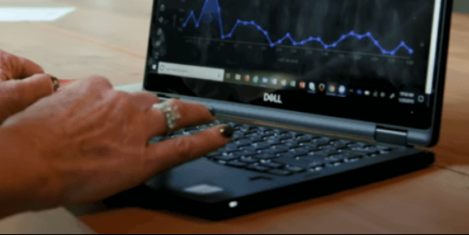
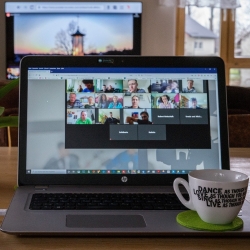 A new survey by
A new survey by 
 The majority of students don’t expect they will be able to find a clear career path after graduating and almost one in 10 believes their prospects are ‘bleak’, a new survey claims. A poll of 1723 poll students conducted by UNiDAYS and insurance company
The majority of students don’t expect they will be able to find a clear career path after graduating and almost one in 10 believes their prospects are ‘bleak’, a new survey claims. A poll of 1723 poll students conducted by UNiDAYS and insurance company 

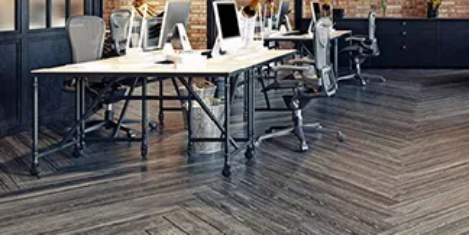
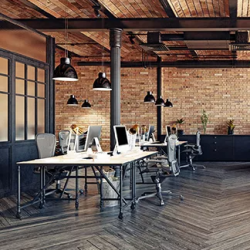 Unused office space after coronavirus could cost London-based businesses almost £13 billion according to a new report by
Unused office space after coronavirus could cost London-based businesses almost £13 billion according to a new report by 
 New analysis published by the
New analysis published by the 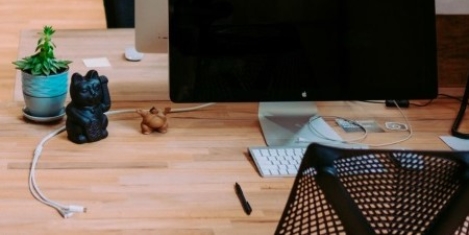
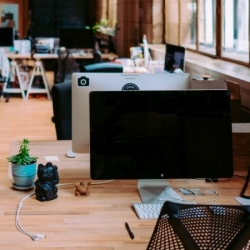 The pandemic has totally shattered workplace norms, so it’s going to take a while before we see organizations returning to work at full capacity. When it does happen, it will require extensive planning and constantly evolving styles of people management. In addition to the logistics of phasing people back into the office and staggering shifts, you’ll need to work with your team to address their anxieties and make sure they feel comfortable in their environment.
The pandemic has totally shattered workplace norms, so it’s going to take a while before we see organizations returning to work at full capacity. When it does happen, it will require extensive planning and constantly evolving styles of people management. In addition to the logistics of phasing people back into the office and staggering shifts, you’ll need to work with your team to address their anxieties and make sure they feel comfortable in their environment. 
 For a lot of employers, the idea of an employee financial wellness program can be something of an afterthought. That is, beyond providing fair pay and a clear policy regarding taxation and benefits, it can seem unnecessary to take any other action regarding employee finances. What’s becoming more and more apparent, however, is that employers do need to take a more active approach toward implementing employee financial wellness programs.
For a lot of employers, the idea of an employee financial wellness program can be something of an afterthought. That is, beyond providing fair pay and a clear policy regarding taxation and benefits, it can seem unnecessary to take any other action regarding employee finances. What’s becoming more and more apparent, however, is that employers do need to take a more active approach toward implementing employee financial wellness programs. 











